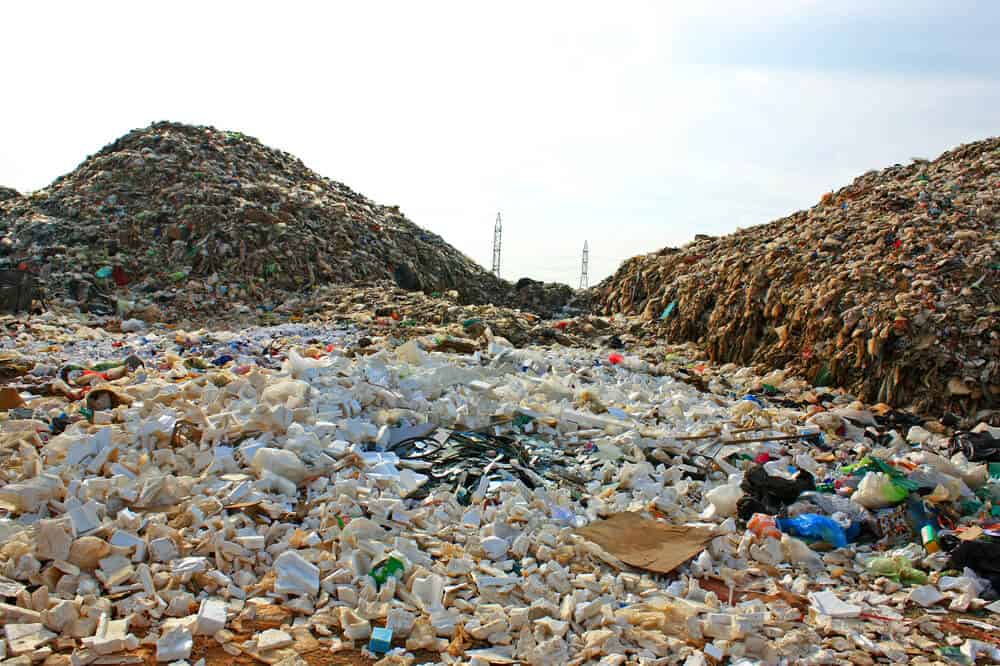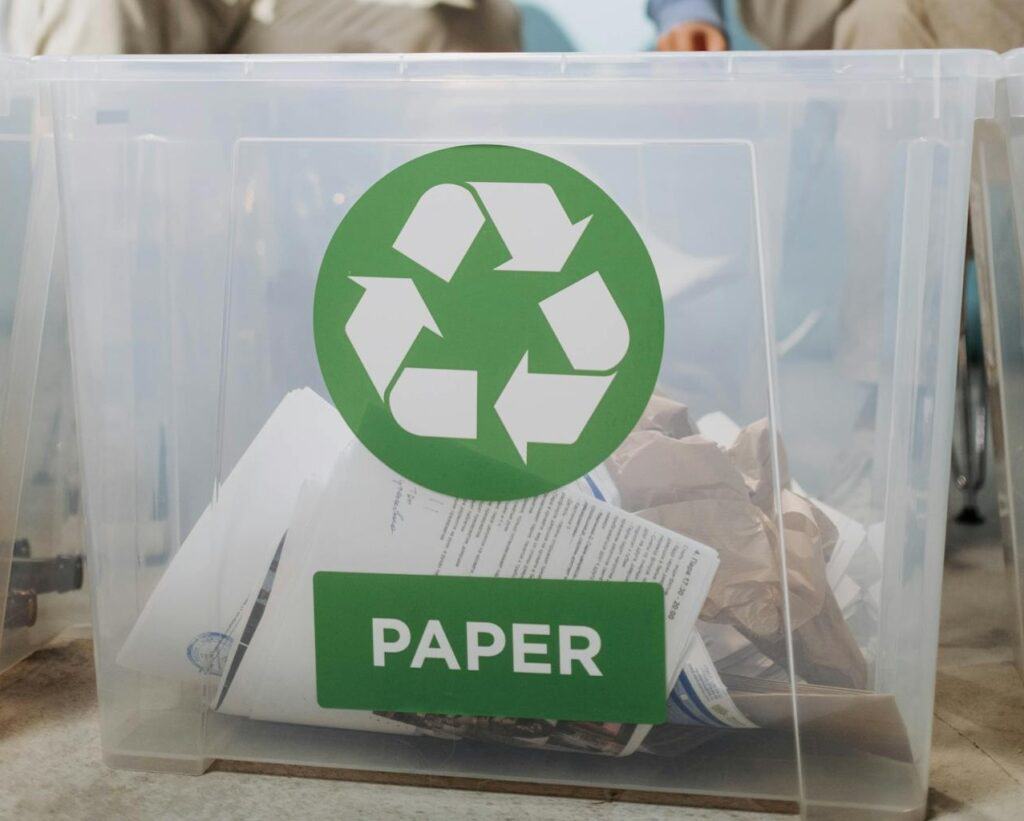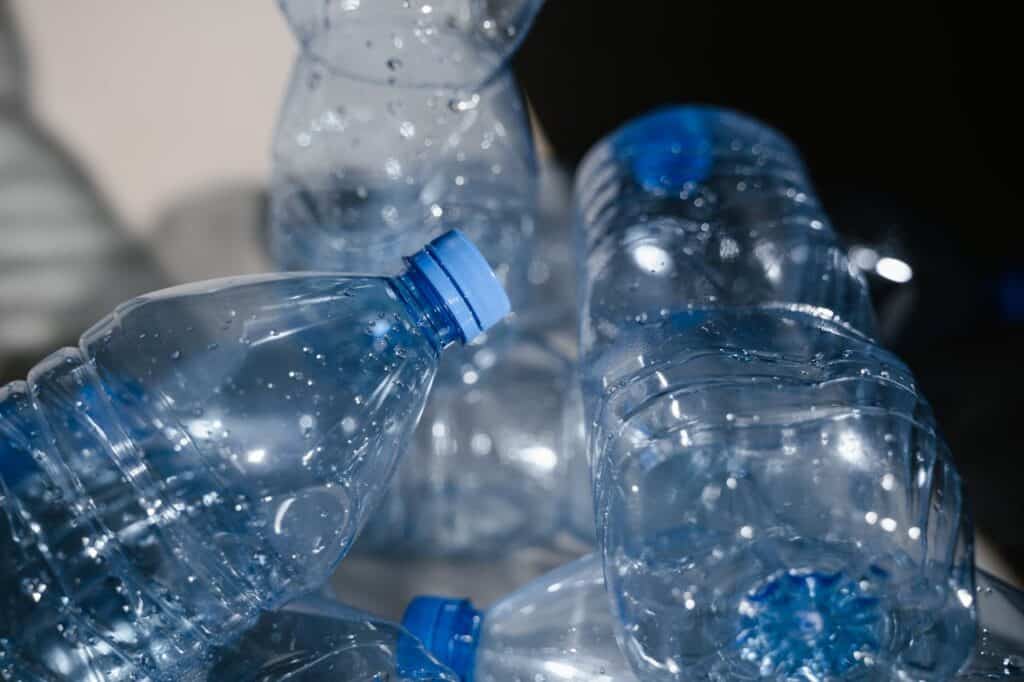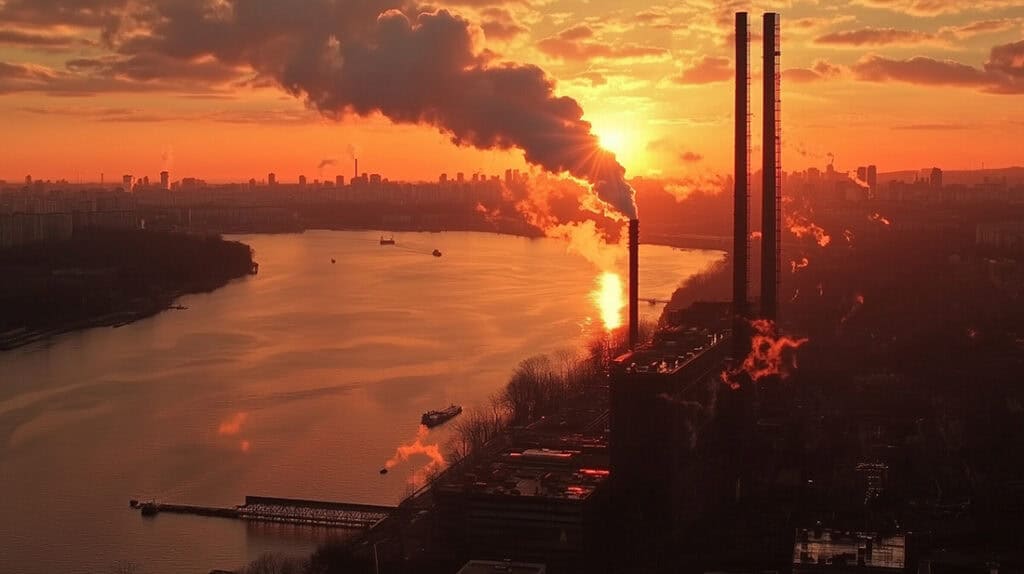What Is A Landfill Site?
Landfills are sites are where waste is disposed of and managed. They are designed to protect the environment by preventing waste from entering the environment and contaminating natural resources. However, landfill sites are responsible for a huge amount of pollution that is damaging our planet. This includes toxic emissions such as methane and carbon dioxide.
In terms of form, landfills are typically large, lined pits or trenches in which waste is disposed of and buried. The waste is then covered with a layer of soil and monitored to ensure it is properly managed.
What Are In Landfills?
When people think of landfills, they typically think of garbage and other household waste. However, landfills also accept a wide variety of other waste materials, including industrial waste, construction and demolition debris, medical waste, yard waste, and hazardous waste.
The types of materials accepted by a landfill will depend on the specific regulations and permits in place for the particular landfill site.
What Happens To Waste When It Gets Disposed Of In Landfill Sites?
After the waste is collected, it is transported to the landfill for disposal. Once at the landfill, the waste is sorted and stored in designated areas. Waste that is deemed hazardous is handled in a special way and buried in a separate area. The rest of the waste is then compacted and covered with a layer of soil.
How The Waste Impacts The Planet At Landfill
The waste in landfills decomposes over time, releasing methane gas, which is a potent contributor to climate change. To reduce the risk of this gas escaping into the atmosphere, landfills may be equipped with methane collection systems. The methane gas is then collected and used as an energy source.
In addition to methane gas, leachate, which is a liquid that contains pollutants and toxins, can be present in landfills. To reduce the risk of leachate seeping into the environment, landfills are designed to have a number of layers of liners and drainage systems that prevent the leachate from escaping.
How Can The Waste Be Recycled
The waste in landfills can also be recycled and reused in a number of ways. For example, some of the waste can be used to create energy through a process known as biomass gasification. This process involves burning the waste to create energy that can be used for electricity, heat, or other applications. In addition, some of the waste can be composted to create fertilizer for agricultural purposes.
While landfills are an important part of waste management, they should not be the only option. Landfills are expensive to operate and maintain, and they are not an environmentally friendly solution. Therefore, other methods of waste management, such as recycling and composting, should be used whenever possible.
We Divert Waste From Landfill Sites
Landfills are an important part of waste management, however other methods of waste management should also be used whenever possible. Recycling your waste materials will save the great impact that waste festering in landfills causes. It will also help us to save raw materials and energy in production. If you are a business creating a bulk load of waste, then Plastic Expert can collect and recycle the materials. We can even offer rebates for large quantities of specific waste. Get in touch to book your waste collection today.








